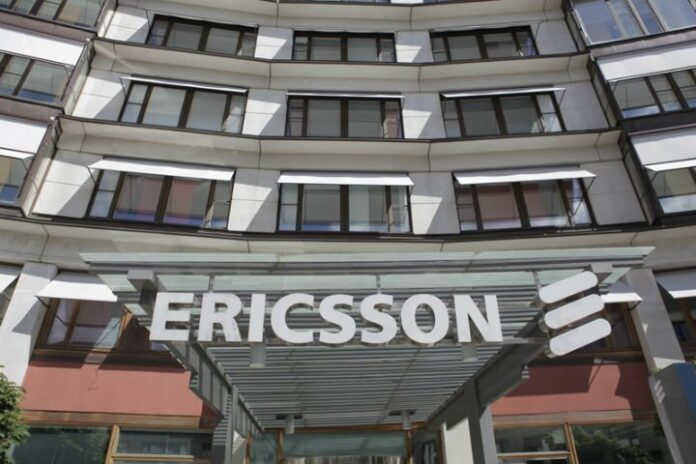Operating income falls 22%
A tough year is getting tougher for Ericsson, according to CEO Hans Vestberg. Today, Vestberg told investors the negative trends that hurt financial performance during the first quarter intensified during the second quarter, leading to declines in the company’s sales and operating income.
Ericsson’s sales slipped 11% year-on-year during the second quarter, or 7% when adjusted for comparable units and currency fluctuations. The infrastructure giant sold $6.3 billion worth of products and services, reporting sales declines for all three of its business units: networks, global services and support solutions.
Despite its recent focus on cost control, Ericsson saw its operating margin slide 9 basis points to 32.3%. Coupled with the decline in sales, the lower margin meant operating income fell 22% year-on-year to $326 million for the quarter.
“The networks business was impacted by lower sales and an increased share of coverage business with a lower hardware margin,” Vestberg wrote in his report for investors. “The margin decline for support solutions was mainly due to lower [operating support systems] and [business support system] software sales.”
Vestberg also said Ericsson plans to restore global services profitability primarily by rightsizing the service delivery operations.
Ericsson has been cutting jobs for several years as part of an effort to reduce costs, and the second quarter earnings report suggests that reports of more layoffs to come are likely to be on target.
“Management has, with the support of the board of directors, initiated significant actions to further reduce cost,” Vestberg said.
One bright note from Ericsson was an update on its partnership with Cisco Systems, which the company said is on target to generate $1 billion in sales by 2018. Ericsson said it has already closed 30 deals as a result of the alliance.
Ericsson recently put into place a new organizational structure, which was originally announced this spring. The company realigned its business units in an effort to work more closely with telecom and enterprise customers.
Yesterday, the company released its response to a Swedish newspaper’s allegation that the company’s reporting practices are inflating revenue. The company said it does not recognize revenue until risks and rewards have been transferred to the customer. Specifically, that means the product or service has been delivered, or the revenue amount is fixed or determinable, or the customer has received and activated software, Ericsson said.

